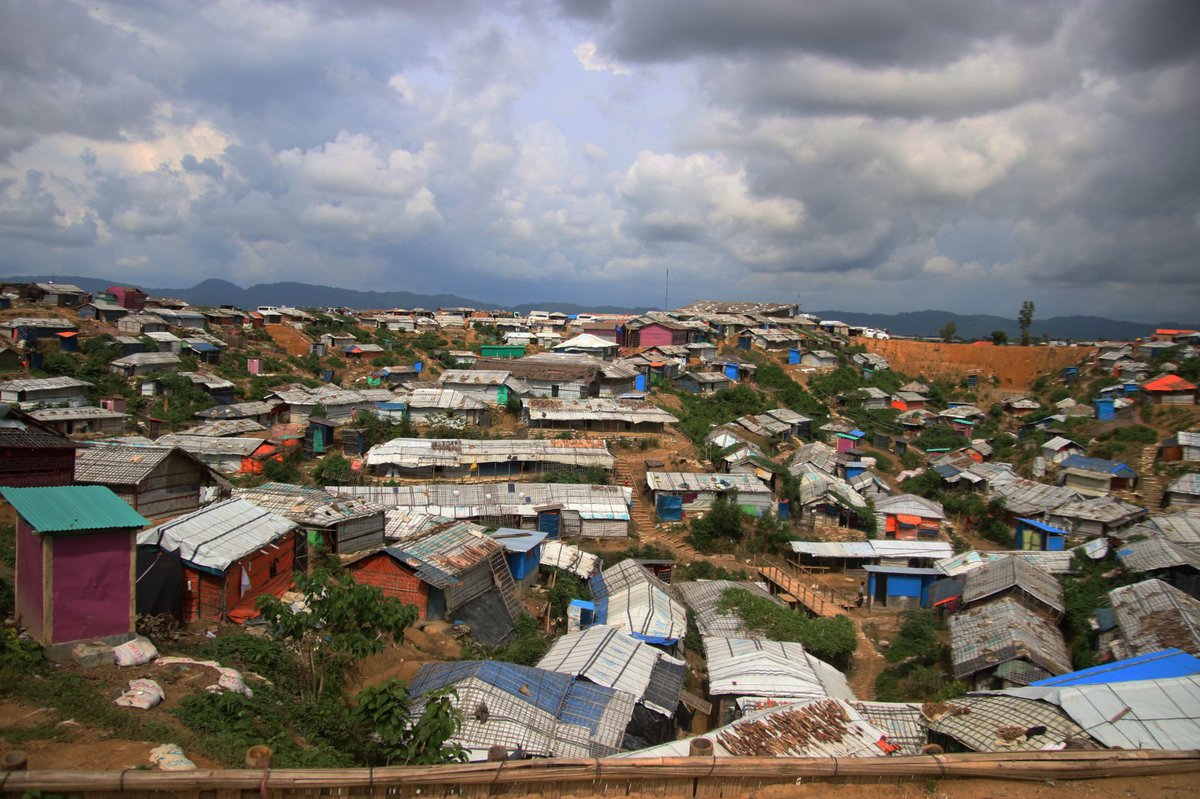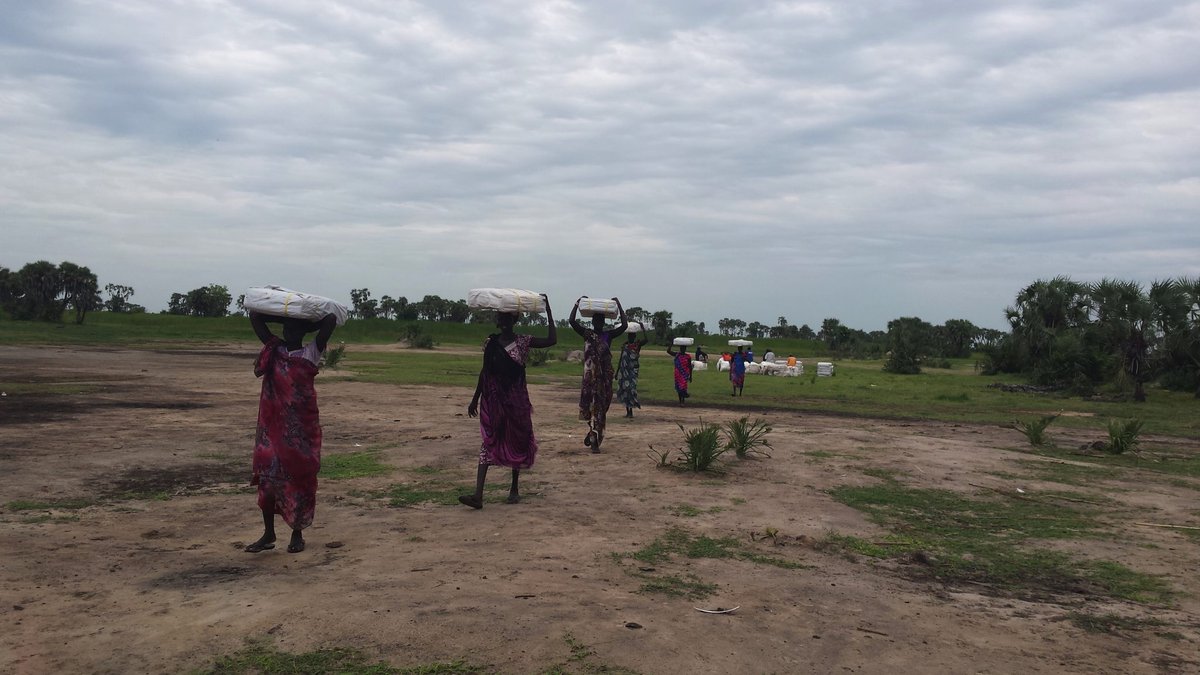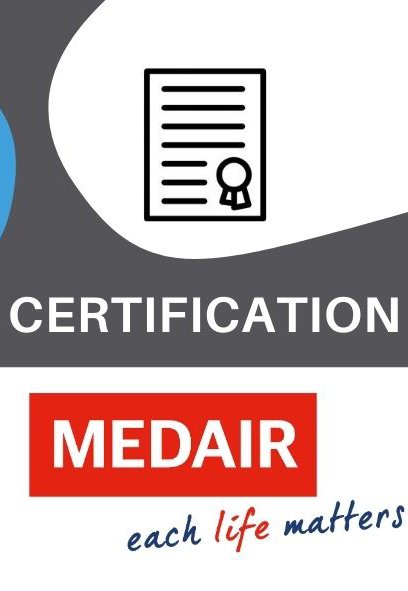CHS story of change series – Medair’s environmental commitment
CHS story of change series – Medair’s environmental commitment
June 2020. This article was originally published and written by the CHS Alliance.
In the run up to the launch of the Humanitarian Accountability Report 2020, we have spoken to different organisations who have achieved certification against the Core Humanitarian Standard (CHS), to learn more about how this process is driving changes in policy and programmes. And ultimately, how it is helping aid work better for the people affected by crisis.
Here CHS Alliance member Medair shares insights into what they are doing to meet Commitment Nine of the CHS which states that people can expect that the organisations assisting them are managing resources effectively, efficiently and ethically.
Medair has responded to some of the most complex crises around the world for more than 30 years. They operate out of a ‘people-to-people’ approach, and are motivated by a strong conviction that each life matters.
Pursuing and maintaining their CHS Certification has strengthened their principled, accountable, and high-quality humanitarian action. For example, feedback from CHS Certification pushed the organisation to consider more thoroughly the environmental impact of their programming and ways in which they can improve, while still providing the same level of quality and accountability to crisis-affected people.
Since January, we have committed to add environmental assessments to new project proposals. s new projects begin, we are incorporating more environmental aspects.
James Ray, Medair’s WASH Team Lead
For example, Medair recently completed an environmental impact assessment (EIA) for its emergency shelter project that supports the Rohingya population in Cox’s Bazaar. The EIA findings are summarised in the Environmental Management Plan for future action.

The CHS Certification audit also prompted the organisation to add a new cycle of annual training that covers all of Medair’s ethics-related policies, including one on the environment. Additionally, the organisation has included two new principles to their Procurement Policy that address the environment—specifically our actions to support the local economy during recovery and to pursue environmental sustainability.
These principles state that whenever possible and appropriate, Medair will strive to use local human or material resources to promote economic recovery and reduce the environmental impact of transportation. It also means Medair will strive to purchase goods that have the least negative impact on the environment and focus on the sustainability of a product’s production, transport, and waste disposal.

The Humanitarian Accountability Report (HAR) 2020 will highlight eight more stories of CHS change, as well as providing an evidence-based overview of how accountable the aid sector is today. To attend the virtual HAR 2020 launch event and be one of the first to access the report’s results, sign up to the free virtual Global CHS Exchange, 6-8 October 2020.
Find the original article here.

Medair
Explore Medair's profile and resent audit reports
Category